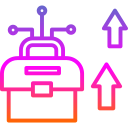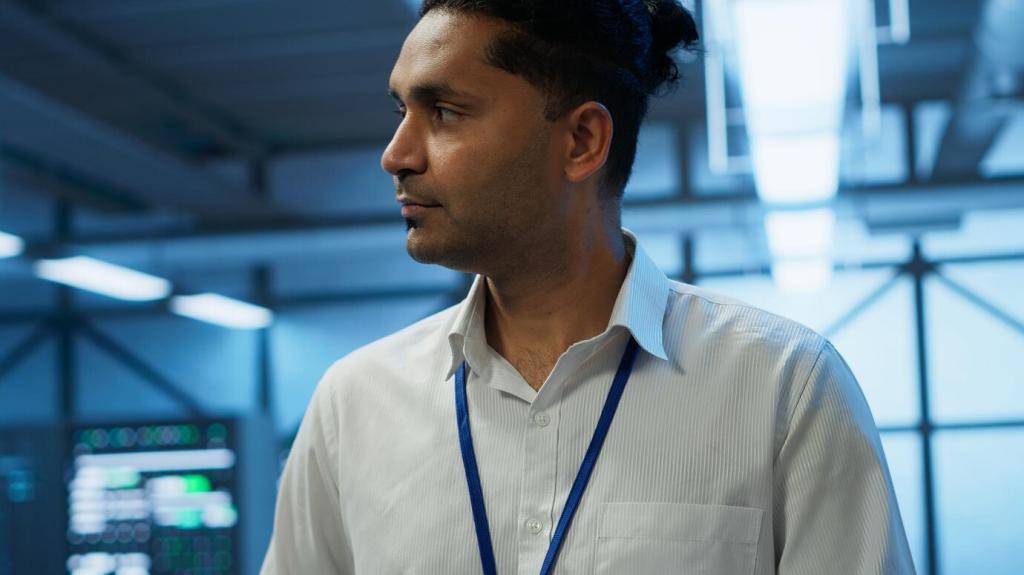Where the Next Wave of Green Tech Jobs Is Emerging
This role blends environmental science with machine learning to forecast risks, optimize assets, and guide policy. One analyst told us a favorite project used satellite rainfall and river gauges to predict floods for a coastal town, giving families forty-eight crucial hours to move valuables and medications.
Where the Next Wave of Green Tech Jobs Is Emerging
Also called a carbon accountant, this professional measures emissions, designs reduction plans, and navigates reporting standards. A practitioner described turning a messy spreadsheet of supplier invoices into a clear emissions map, revealing a packaging switch that cut footprint dramatically without slowing production.









